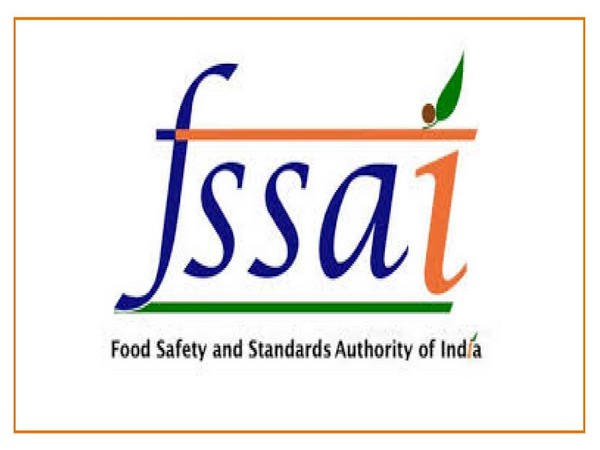Ministry of Consumer Affairs Asks FSSAI to Investigate Composition of Nestle's Cerelac Baby Cereals in India
The Indian Consumer Affairs Ministry has asked the FSSAI to investigate Nestle's Cerelac baby cereals due to global reports of higher sugar content in less developed countries. Nestle has allegedly added more sugar to baby products in India, Africa, and Latin America compared to Europe. FSSAI and NCPCR have been notified.

- Country:
- India
The Consumer Affairs Ministry on Friday said it has asked the food safety regulator FSSAI to investigate the composition of Nestle's Cerelac baby cereals sold in India, amid a global report that claimed the company was adding higher sugar content in the product.
According to findings by Swiss NGO, Public Eye and International Baby Food Action Network (IBFAN), Nestle sold baby products with higher sugar content in less developed South Asian countries including India, Africa and Latin American nations as compared to markets in Europe.
''We have written to the FSSAI to take cognizance of the report on Nestle's baby product,'' Consumer Affairs Secretary and Central Consumer Protection Authority (CCPA) chief Nidhi Khare told PTI.
In the letter written to FSSAI, Khare said it has come to the notice of the Department of Consumer Affairs through various news articles regarding the practices of Nestle company in India, particularly concerning the composition of the Nestle Cerelac cereals.
As per news reports, the Switzerland-based organisation has published a report highlighting Nestle's manufacturing practices in India, she said.
''According to the report, Nestle has been alleged to add 2.7 gram of sugar per serving of Nestle Cerelac baby cereals sold in India, while refraining from such practices in other countries such as Germany, Switzerland, France and the UK,'' Khare said in the letter.
Asserting that high sugar in baby products raises serious concerns about the potential implications for the health and safety of children in our country, the Secretary said, ''the health and wellbeing of our citizens, especially infants and young children, is of paramount importance, and any deviation from safety standards could lead to serious health concerns.'' In light of these reports, Khare said, ''the FSSAI has been requested to initiate an appropriate action into the practices of Nestle company regarding the composition of Nestle Cerelac baby cereals sold in India''.
FSSAI should investigate the matter and come out with facts, she added.
The Food Safety and Standards Authority of India (FSSAI) is a statutory body under the administration of Ministry of Health and Family Welfare.
The National Commission for Protection of Child Rights (NCPCR) has also taken note of the report and issued notice to the FSSAI.
Meanwhile, on Thursday, Nestle India had said it never compromises on compliance and it has reduced added sugar in baby food products in India by over 30 percent depending on variants over the past five years.
''Reduction of added sugars is a priority for Nestle India. Over the past 5 years, we have already reduced added sugars up to 30 per cent, depending on the variant,'' the company spokesperson had said.
Stressing that compliance is an essential characteristic of Nestle India, the spokesperson said, ''We will never compromise on that. We also ensure that our products manufactured in India are in full and strict compliance with CODEX standards (a commission established by WHO and FAO) and local specifications (as required) pertaining to the requirements of all nutrients including added sugars.'' According to the report, Nestle's wheat-based product, Cerelac for six-month-old babies is sold without any added sugars in the UK and Germany but 15 Cerelac products analysed from India contained 2.7 grams of added sugar per serving on average.
The sugar content was declared on the packaging in India, the report said.
The highest sugar content in the product was 6 grams in Thailand. In the Philippines, sugar content was found to be 7.3 grams in five out of eight samples tested and the information was not even declared on the packaging, according to the report.
(This story has not been edited by Devdiscourse staff and is auto-generated from a syndicated feed.)
- READ MORE ON:
- India
- Latin
- Central Consumer Protection Authority
- Swiss
- The Food Safety and Standards Authority of India
- Philippines
- the Department of Consumer Affairs
- Europe
- Germany
- Cerelac
- Nestle
- American
- Switzerland
- IBFAN
- Nestle India
- Ministry of Health and Family Welfare
- South Asian
- Nidhi Khare
- Khare
- Nestle Cerelac










